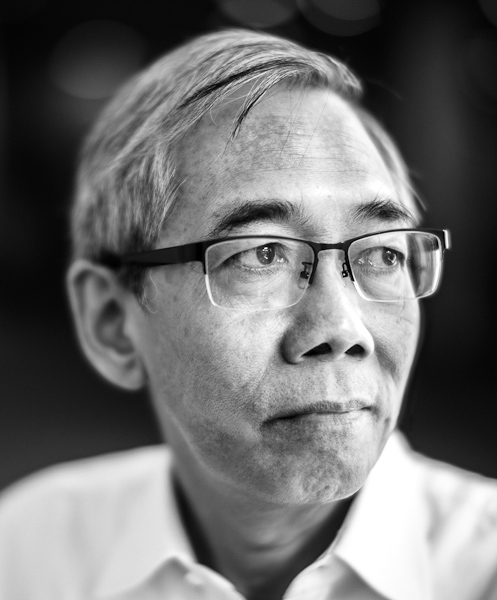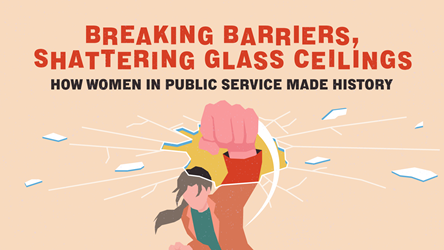Governments Must Engage The Young To Shape The Future

When Mr Joseph Wong headed the Hong Kong civil service a decade ago, it already had the practice of consulting and engaging younger citizens, but in his own words, it was not a “pressing priority”.
A decade later, it’s now “a different world”, and a government’s ability to engage and understand this cohort has become ever more critical.
“The [rise of the] Internet and social media means that young people can become very spontaneous and very organised, and yet very individualistic,” said Mr Wong referring to the way thousands of Hong Kong youth – many unaffiliated to specific groups – had gathered to lobby for universal suffrage last year.
Governments that fail to grapple with the emergence of this potent force will have a “big problem”, he said.

Reach out to the young
“Governments must make sure [that] if their ministers are not young enough, then their deputies or someone in the ministry [are young enough to] interact with their peers,” he said when Challenge met him last November.
One way is to interact in ways that suit the younger constituents’ habits, said Mr Wong, noting that Singapore’s Prime Minister Lee Hsien Loong has an active Facebook account. “You have to have a mechanism … [to] follow the mood of the younger generation.”
Communication aside, governments must ensure that young people have confidence that they have a viable future.
At the China Symposium organised by the Civil Service College last November, Mr Wong pointed out the Occupy Central protests were fuelled by social factors such as a growing income gap, and sky-high property prices that led university graduates to line up for public rental housing meant for low-income families. The starting pay for an accounting graduate was cited as having remained stagnant since the late 1990s.
But there’s more to the younger generation’s concerns beyond making money. “[Young people] care much more about the environment, conserving the good past, including old communities and buildings. You have to make sure the government knows these aspirations,” added Mr Wong.
Hong Kong youth also have democratic aspirations – exhibited by their call for universal suffrage in elections for their Chief Executive.
“I have a lot of sympathy for people and students to have universal suffrage,” said Mr Wong. “If the Chief Executive is not elected by people in a way [that] people regard as fair… he would never be popular.”
Free elections also mean greater direct accountability that builds trust, he said, noting that Singapore’s elections have proven effective in requiring the elected government to account for itself.
Civil service affected by political tension
Mr Wong, who led a major reform of Hong Kong’s civil service in the mid-2000s, observed that political tensions in Hong Kong have affected the morale of civil servants and delayed efforts to improve the civil service.
Civil servants feel torn between the government and the people; they have to uphold their duties, but as “ordinary people”, they too share the same worries and aspirations of the populace.
He added that with the ongoing political hot potatoes, the government has understandably put public sector reform on the backburner. There hasn’t been a major reform in recent years.
Mr Wong’s mid-2000s reforms had focused on delivering services and raising efficiency – manpower was reduced by 25% with many public services outsourced.
“In the past, the government even ran public toilets,” said Mr Wong. “The attendants were civil servants and of course, very difficult to motivate. They didn’t see a bright future ahead in managing public toilets. Now we contract the public toilets out to companies [and] we set standards. This is a simple example that outsourcing can improve public services.”
The changes then were hard to accept and led to tension within the service. This was why Mr Wong did not forge ahead with the original intention to compress the civil service’s elaborate grade and rank structure (400 grades and more than 1,000 ranks), which he had once described as a “19th century invention”. He pointed out that the Internet age means that information is disseminated swiftly and there is no longer a need for multiple layers of hierarchy.
“[But] it would have been too much for the civil service to take. After all, they are human beings,” he said.
Mr Wong stressed that reform is never a one-off thing. “You should [make] small changes, continuously; big reviews you have to do [them] every five years or so.”
Ultimately, he adds, “the most important thing is to inculcate the value of service to the public.”
- POSTED ON
Jan 12, 2015
- TEXT BY
Bridgette See
- PHOTOS BY
Catspace









